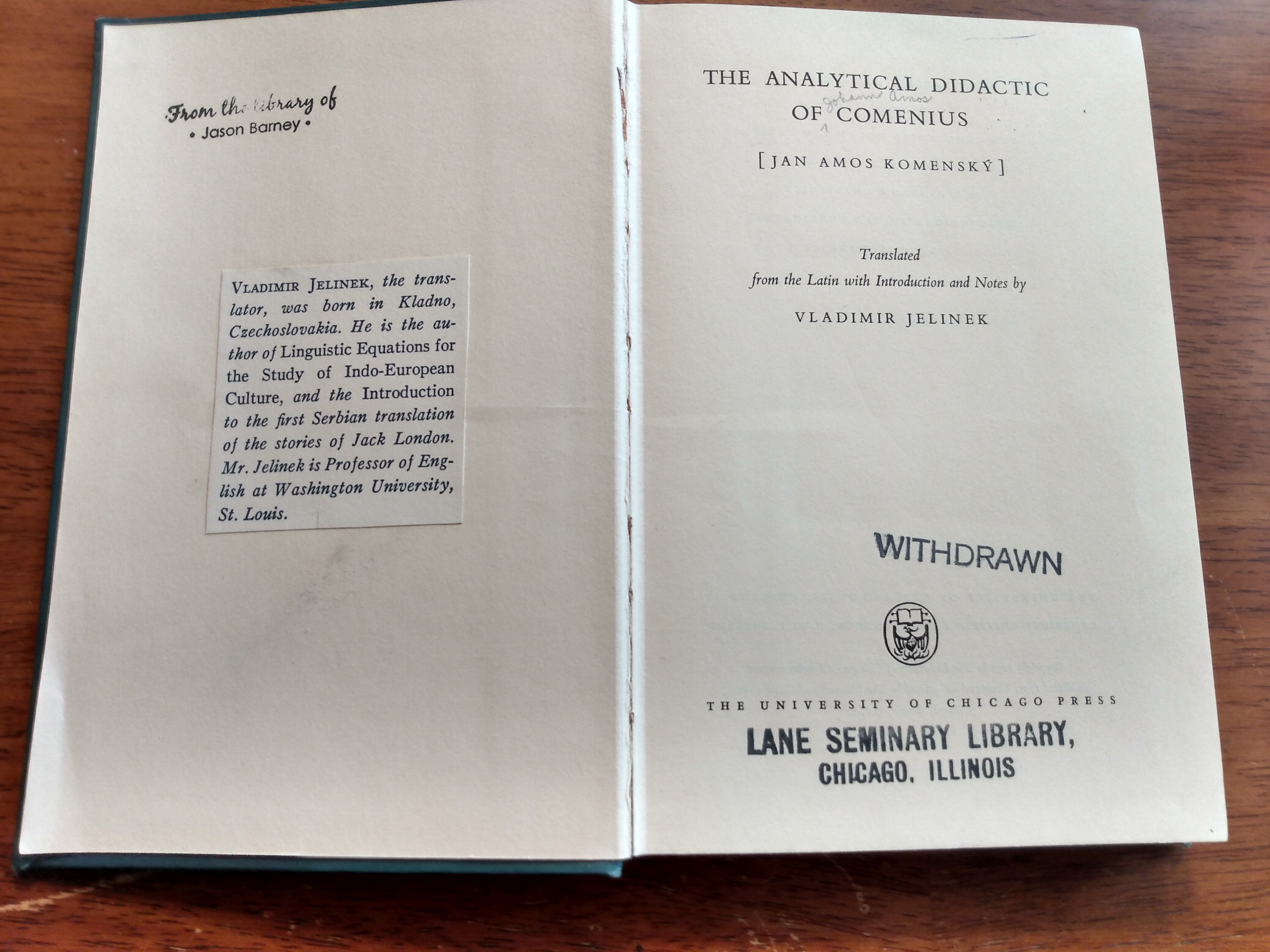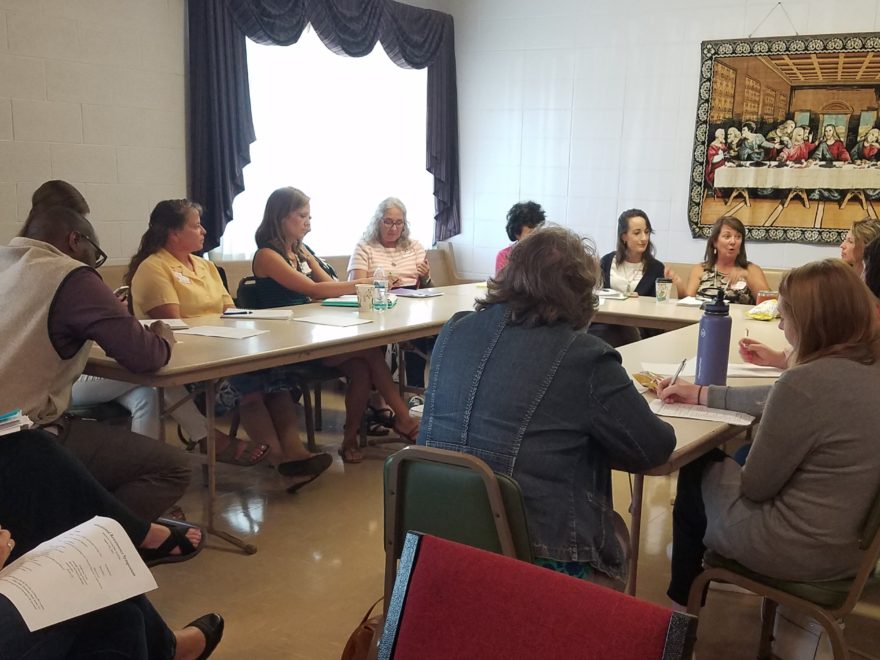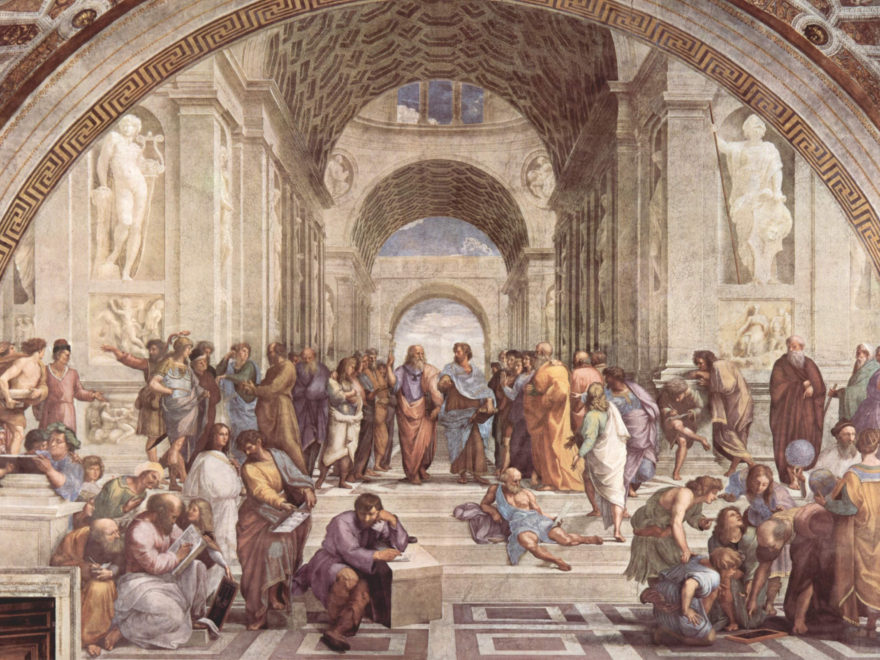Tag: flow
-

Counsels of the Wise, Part 3: The Practical Nature of Prudence
In this series we are recovering several lost goals of education by exploring Aristotle’s intellectual virtues as replacement learning objectives for Bloom’s taxonomy. Prudence or practical wisdom (phronesis) is one such lost goal, which is endorsed by the biblical book of Proverbs and the New Testament, even if Aristotle’s exact terminology is not adhered to.…
-

Apprenticeship in the Arts, Part 6: The Transcendence and Limitations of Artistry
In this series on apprenticeship in the arts we have laid out a vision for the role of the arts in a fully orbed classical Christian education. We began by situating artistry or craftsmanship within a neo-Aristotelian and distinctly Christian purpose of education: namely, the cultivation of moral, intellectual, and spiritual virtues. Then we explored…
-

Apprenticeship in the Arts, Part 4: Artistry, the Academy and the Working World
In his book So Good They Can’t Ignore You: Why Skills Trump Passion in the Quest for Work You Love, Cal Newport argues against the well-known Passion Hypothesis of career happiness. He describes the Passion Hypothesis as the idea that “the key to occupational happiness is to first figure out what you’re passionate about and…
-

Finding Flow through Effort: Intensity as the Key to Academic Success
At the intersection of challenge and skill, the state of flow emerges: a state of total immersion and enjoyment. Jason Barney’s book on flow, entitled The Joy of Learning: Finding Flow through Classical Education connects Mihaly Csikszentmihalyi’s study of flow with the classical Christian classroom. In this article I plan to build on Jason’s work…
-

Expanding Narration’s History with Comenius: Narration’s Rebirth, Stage 2 – The Analytical Didactic
In my last article I expanded my treatment of the history of narration through delving into a passage from John Amos Comenius’ The Great Didactic. I began reading The Great Didactic last year while writing the history of narration series and determined that there was more to say about the rebirth of narration during the…
-

Expanding Narration’s History with Comenius: Narration’s Rebirth, Stage 2 – The Great Didactic
If you’ve been following Educational Renaissance for some time, you might remember my history of narration series from last year. During the third article of the series I had a short section on narration in John Amos Comenius’ work, relying primarily on Karen Glass’s brief quotations in Know and Tell. At the time I was…
-

The Educational Renaissance Symposium 2021: A Digest
On Wednesday, August 4th we had our first annual Educational Renaissance Symposium hosted by Coram Deo Academy in Carmel, Indiana. It was exciting to welcome over sixty participants who heard keynote addresses from Educational Renaissance authors as well as attended great workshops by a variety of guests. The Symposium is a different kind of convention,…
-

Bloom’s Taxonomy and the Importance of Objectives: 3 Blessings of Bloom’s
“Would you tell me, please, which way I ought to go from here?”“That depends a good deal on where you want to get to,” said the Cat.“I don’t much care where–” said Alice.“Then it doesn’t matter which way you go,” said the Cat.“–so long as I get SOMEWHERE,” Alice added as an explanation.“Oh, you’re sure…
-

20 Quotable Quotes from the First Half of 2020 Educational Renaissance
At the end of 2019 we shared a series of memorable maxims from that year’s blog articles. As we transition toward the next half of 2020, we thought we’d do something similar and share 20 Quotable Quotes from Educational Renaissance articles January through June. These are longer block quotes that will whet your appetite for…

